October 1, 2020
EDGE adds building software to its portfolio of innovations
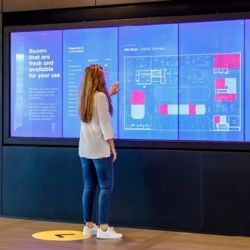 Sustainable tech-led real estate pioneers EDGE have built upon their already impressive reputation as an innovator with the launch of a software platform that offers what the firm claims is a “seamless solution for optimising any office building’s performance”. It claims that EDGE Next allows “tenants and owners to transform their offices into smarter, healthier and more sustainable spaces in which people and companies can truly thrive”. The EDGE Next platform also sets out to ensure the wellbeing of employees by monitoring air quality and the numbers of people in a spaces, which it claims will make offices safer for work during the COVID-19 outbreak and beyond. (more…)
Sustainable tech-led real estate pioneers EDGE have built upon their already impressive reputation as an innovator with the launch of a software platform that offers what the firm claims is a “seamless solution for optimising any office building’s performance”. It claims that EDGE Next allows “tenants and owners to transform their offices into smarter, healthier and more sustainable spaces in which people and companies can truly thrive”. The EDGE Next platform also sets out to ensure the wellbeing of employees by monitoring air quality and the numbers of people in a spaces, which it claims will make offices safer for work during the COVID-19 outbreak and beyond. (more…)





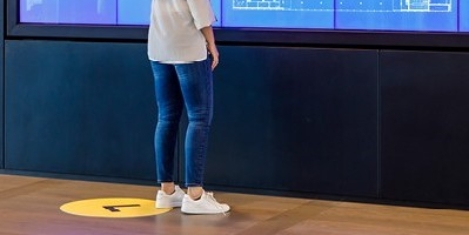







 Supported by its Green Building Councils and their members, the
Supported by its Green Building Councils and their members, the 
 A recent study, which was commissioned by
A recent study, which was commissioned by 

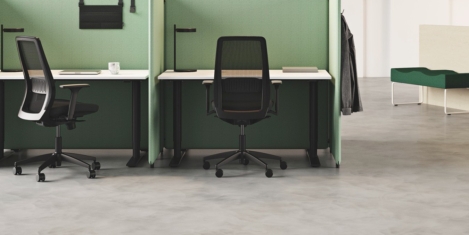
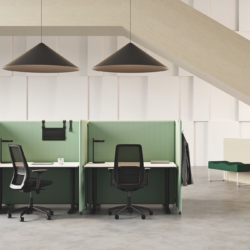
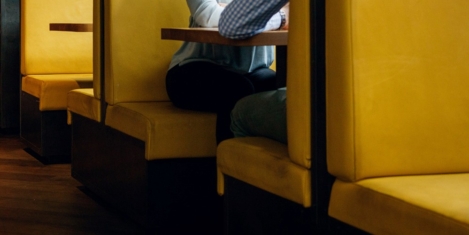













September 15, 2020
Testing times for offices mean new regimes at work
by Helen Farr • Comment, Wellbeing